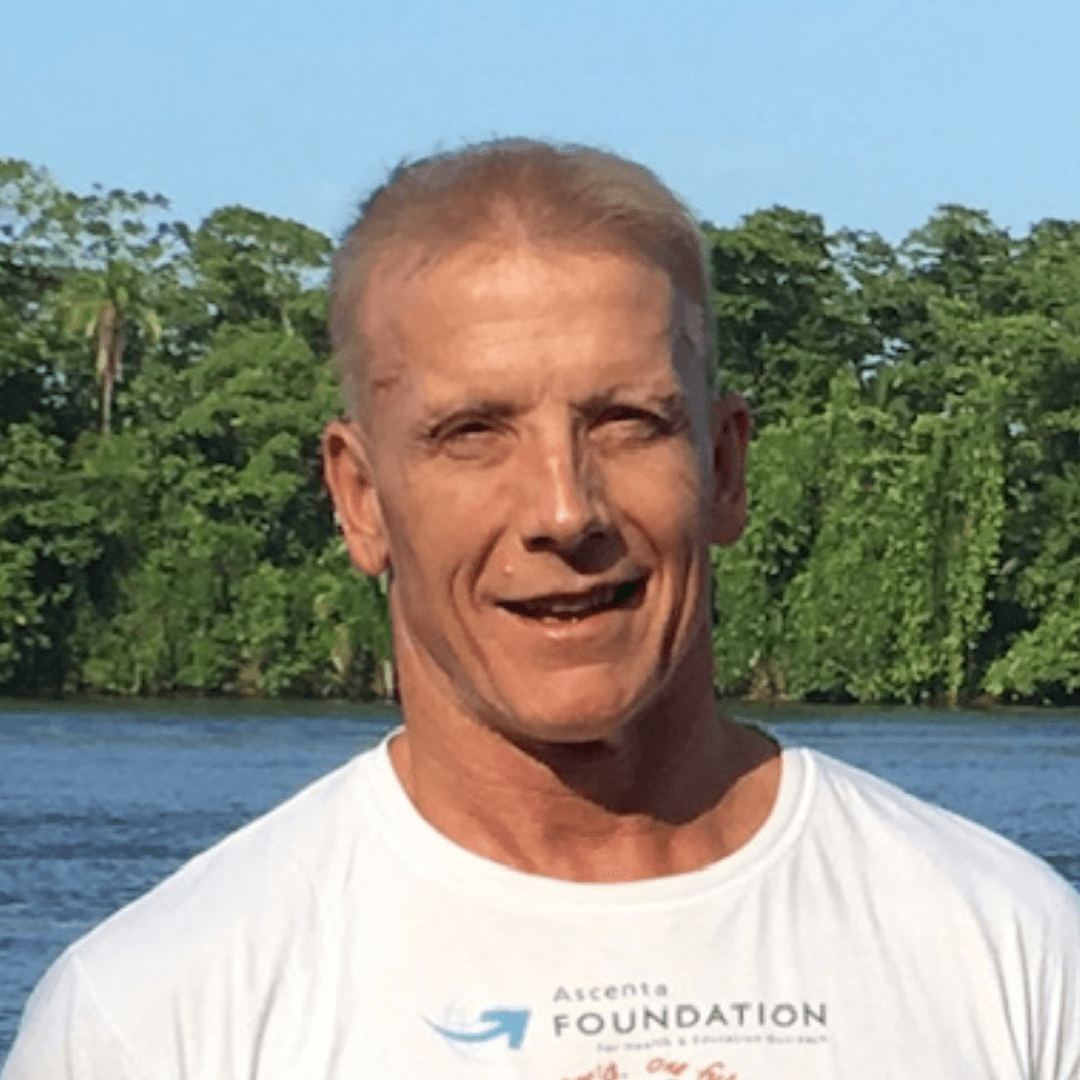Delayed onset muscle soreness (DOMS) is common after exercise, particularly when starting a program or increasing intensity or frequency of exercise. It is caused by the stress put on muscles and connective tissue when exercising. Contrary to popular belief, it is not caused by lactic acid buildup in the muscles (lactic acid is gone from muscles within 1–2 hours after exercise). Cooling[1], especially cold water immersion, appears to be effective for mitigating DOMS. Compression garments[2][3] mitigate decrements in muscle strength and DOMS without overtly impacting measures of muscle damage. Supplements including caffeine,[4] omega-3 fats,[4] tyrosine,[4] whey protein,[5] and BCAAs[6] are potential candidates and often operate through different mechanisms of action. Sodium bicarbonate (baking soda) and magnesium have been studied for DOMS, with some positive results [7].
There are a variety of herbal interventions[8] that could potentially ameliorate DOMS, but the reader is cautioned about the rigor of specific studies and interactions with other supplements and pharmaceuticals. Moreover, there's some evidence in favor of an anti-DOMS effect of massage.[9] One thing to keep in mind, though, is that both "massage" and "antioxidants" are catchall terms for groups of different interventions. Accordingly, we should be wary of unwarranted generalizations of the results of individual studies on specific antioxidants and/or massage techniques to "antioxidants" or "massage therapy" in general.


